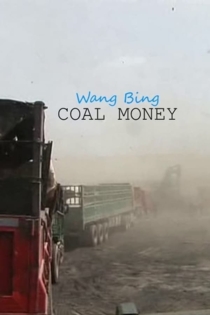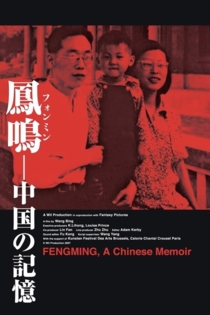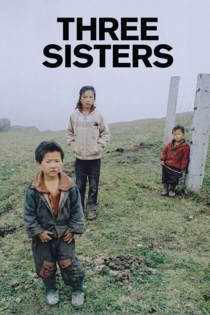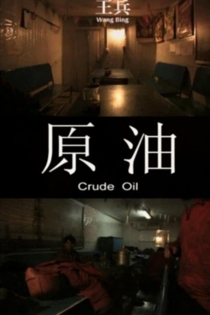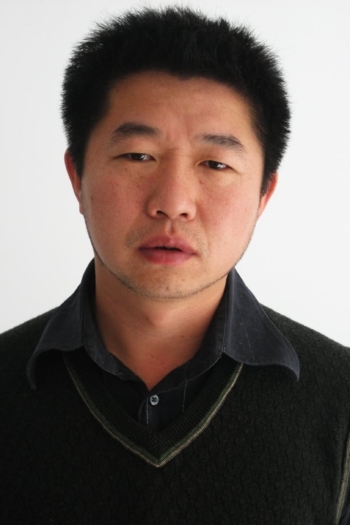
Wang Bing
1967 (59 лет)铁西区
Wang Bing
A detailed look at the gradual decline of Shenyang’s industrial Tiexi district, an area that was once a vibrant example of China’s socialist economy. But industry is changing, and the factories of Tiexi are closing. Director Wang Bing introduces us to some of the workers affected by the closures, and to their families.
Tie Xi Qu: West of the Tracks
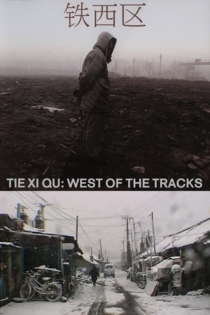
死靈魂
Wang Bing
In Gansu Province, northwest China, lie the remains of countless prisoners abandoned in the Gobi Desert sixty years ago. Designated as ultra-rightists in the Communist Party’s Anti-Rightist campaign of 1957, they starved to death in the reeducation camps. The film invites us to meet the survivors of the camps to find out firsthand who these persons were, the hardships they were forced to endure and what became their destiny.
Dead Souls
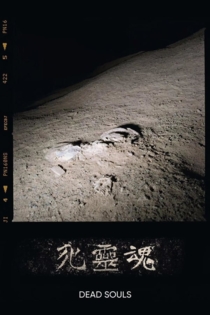
疯爱
Wang Bing
50 men live for 12 months in a madhouse, they passing their days in a single plane and having little contact with the medical team. Every one of the inmates is not there for mental health problems but for had killing someone for committing a crime against public officials.
'Til Madness Do Us Part
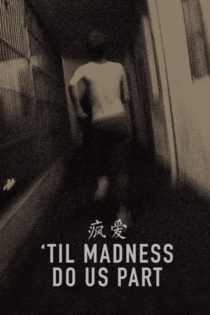
천당의 밤과 안개
Jung Sung-il
Wang Bing
One day my old friend Wang Bing, a Chinese director living in Beijing, called me and suggested to go to Yunnan where he shoots a documentary. I've always been curious about his shooting scene. All along the winter I've followed Wang Bing with my camera from the psychiatric hospital in the nameless suburb city to the jungle near the border to Laos. There are the zona folded in wind and fog. This documentary is the record of that winter, the essay about the people of China, and the adventure-action movie done by friendship.
Night and Fog in Zona
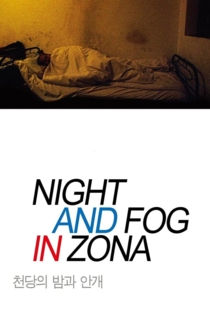
无名者
Wang Bing
The character of this story lives far from the worlds of the material and the spirit. He has built his own subsistence conditions. He often goes to the neighboring villages, although he doesn’t communicate with other people. He collects some waste but doesn’t beg. He prowls about the ruins of deserted villages, as an animal or as a ghost. Under double political and economical pressure, most of people are depriving of their last dignity into a world where it exists a lack of material and spirit. But a human being stays a human being. He is looking for reasons to continue to live. —Wang Bing
Man With No Name
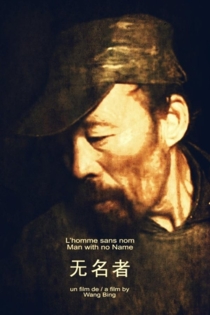
The Ditch
Wang Bing
Zhengwu Cheng, Niansong Jing
The film focuses on the suffering of Chinese who were imprisoned in a forced labor camp called Jiabiangou in the Gobi Desert in winter 1960 under Mao Zedong on the grounds that they were "rightist elements". The film tells of the harsh life of these men, who coped with physical exhaustion, extreme cold, starvation and death on a daily basis.
The Ditch
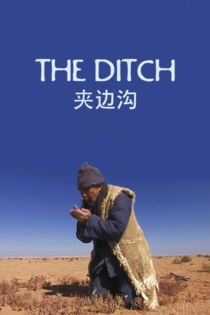
上海青年
Wang Bing
This film was shot between 2014 and 2019 in the town of Zhili, a district of Huzhou City in Zhejiang province, China. Zhili is home to over 18,000 privately-run workshops producing children's clothes, mostly for the domestic market, but some also for export. The workshops employ around 300,000 migrant workers, chiefly from the rural provinces of Yunnan, Guizhou, Anhui, Jiangxi, Henan and Jiangsu.
Youth (Spring)
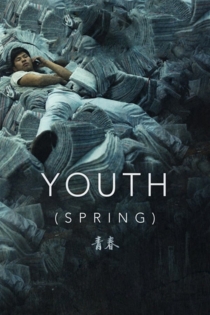
15 Hours
Wang Bing
The town of Zhili accounts for 80 percent of China's output of children's clothes. 15 Hours was shot in August 2016. Zhili, part of the city of Huzhou in the province of Zhejiang, is home to around 18,000 small factories for children's clothing, manned throughout the year by over 200,000 migrant workers. In the 1980s, Zhejiang saw the emergence of a private capital-based garment industry open to any and all operators prepared to invest in flexible business models based on mutual credit or leasing. This film documents one day in the lives of the workers of 68 Xisheng Road in Zhili.
15 Hours
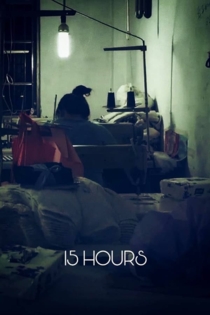
苦钱
Wang Bing
In a fast growing city of East China, migrants have been arriving and living for a dream of a better life. But what they find there is little opportunities and poor living conditions that push people, even couples, into violent and oppressive relations. Xiao Min, Ling Ling and Lao Yeh are some of the characters of this bitter chronicle of today China.
Bitter Money
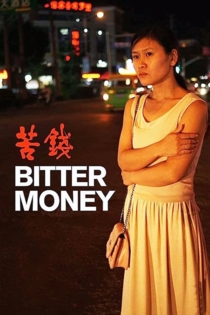
孤独
Wang Bing
Three sisters aged 10, 6 and 4 have to cope more or less on their own in a remote mountainous region of Yunnan. Terrible poverty in China, shown with gripping compassion by today's best documentary maker. Shorter version of Three Sisters, which premiered in Venice.
Alone
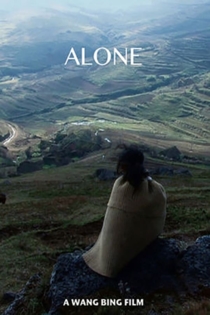
Beauty Lives in Freedom
Wang Bing
Gao Ertai (1931) is an artist, teacher, philosopher who, in the 1950s, was imprisoned in the Jiabiangou Labour Camp. The film works as a diptych with Fengming, the confessional story of another victim of reprisals, and closes a vast film series on those who disappeared.
Beauty Lives in Freedom
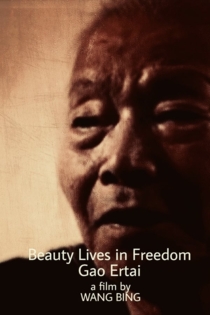
光陰的故事-台灣新電影
Hsieh Chin-Lin
Hou Hsiao-hsien, Apichatpong Weerasethakul
With Taiwan remaining in the grip of martial law in 1982, a group of filmmakers from that country set out to establish a cultural identity through cinema and to share it with the world. This engaging documentary looks at the movement's legacy.
Flowers of Taipei: Taiwan New Cinema
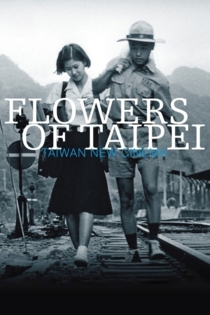
Tong dao
Wang Bing
On the coal road linking the Shanxi mines with the large port of Tianjin, in northern China, the drivers of 100-ton trucks shuttle endlessly to and from, day and night. On the roadside: prostitutes, cops, petty racketeers, garage owners, mechanics.
Coal Money
